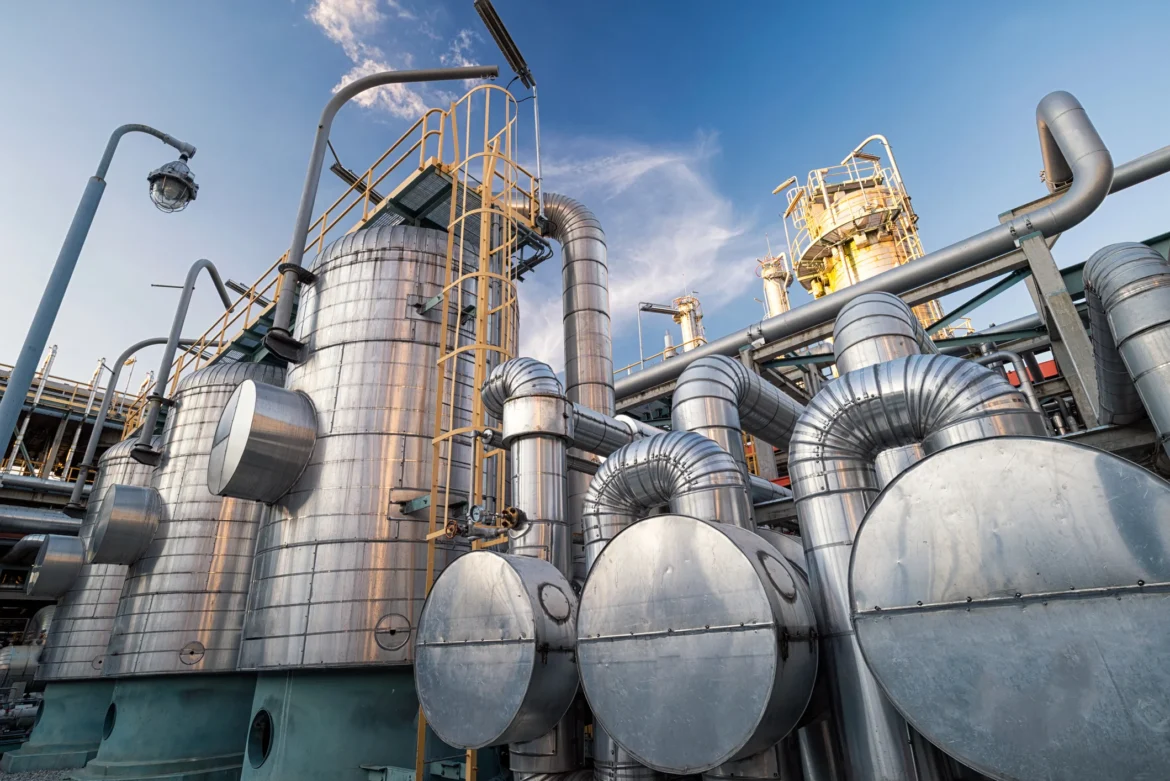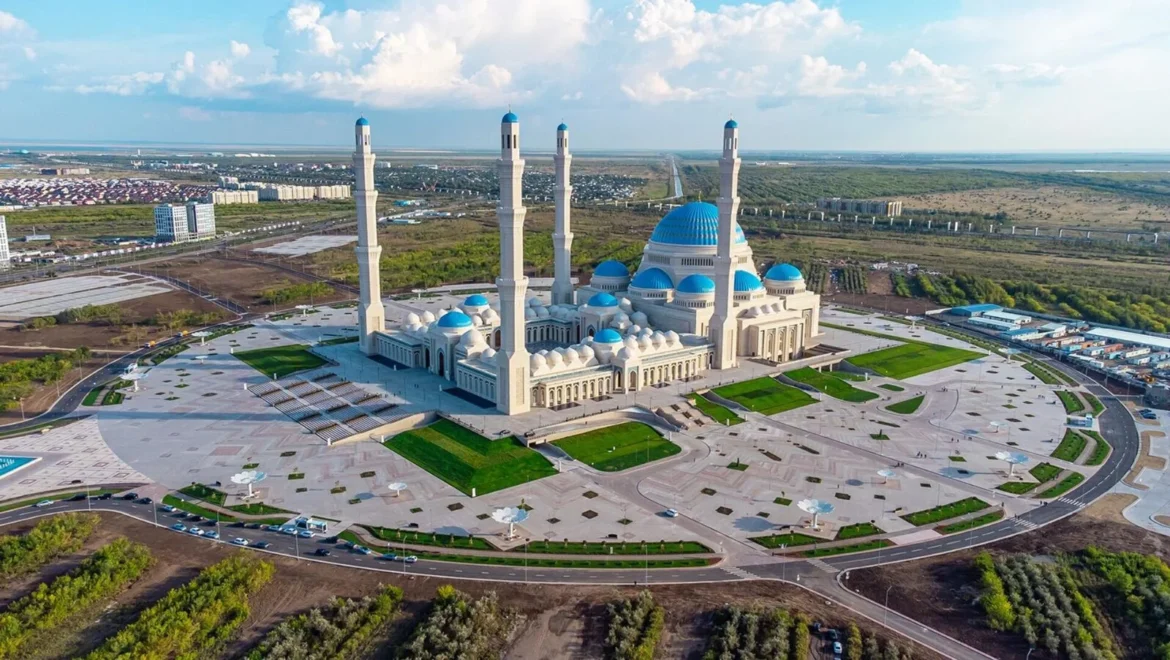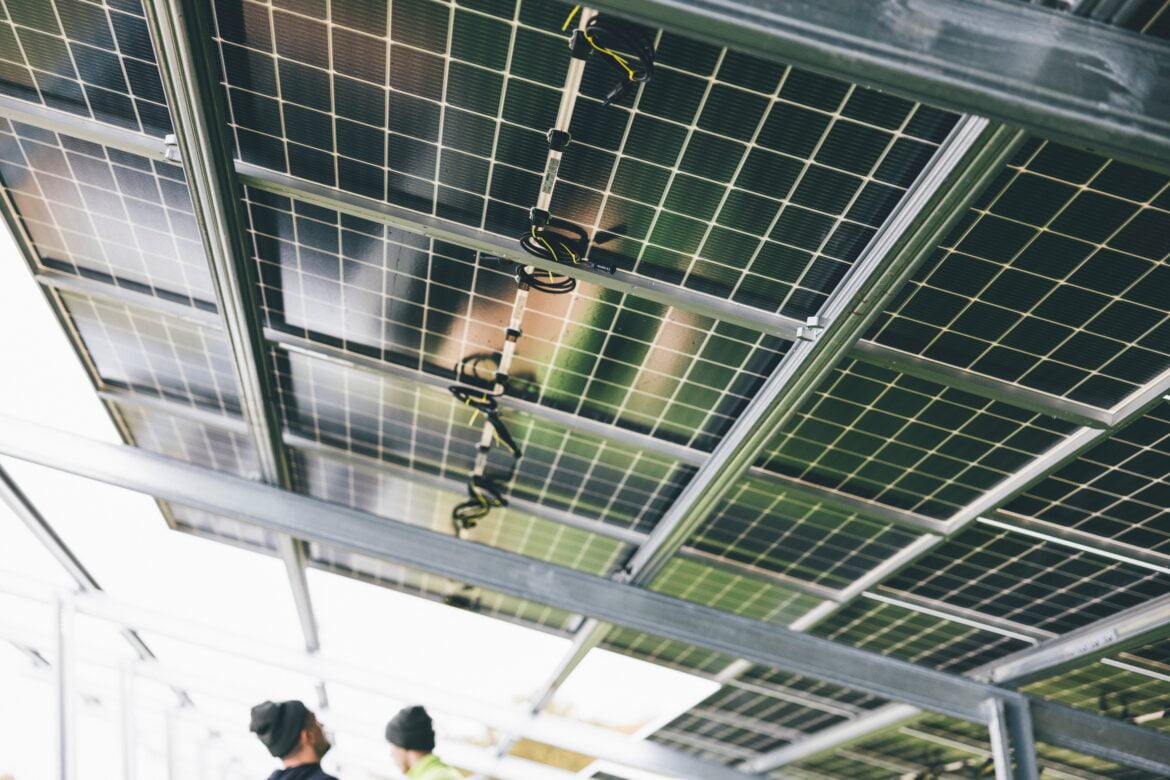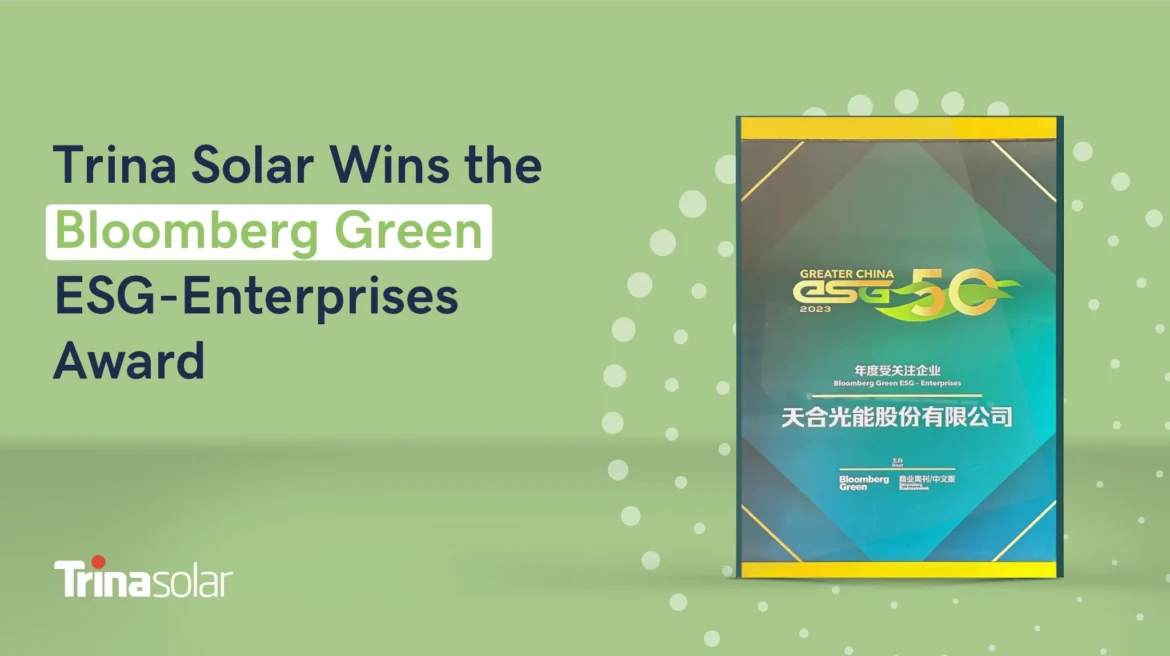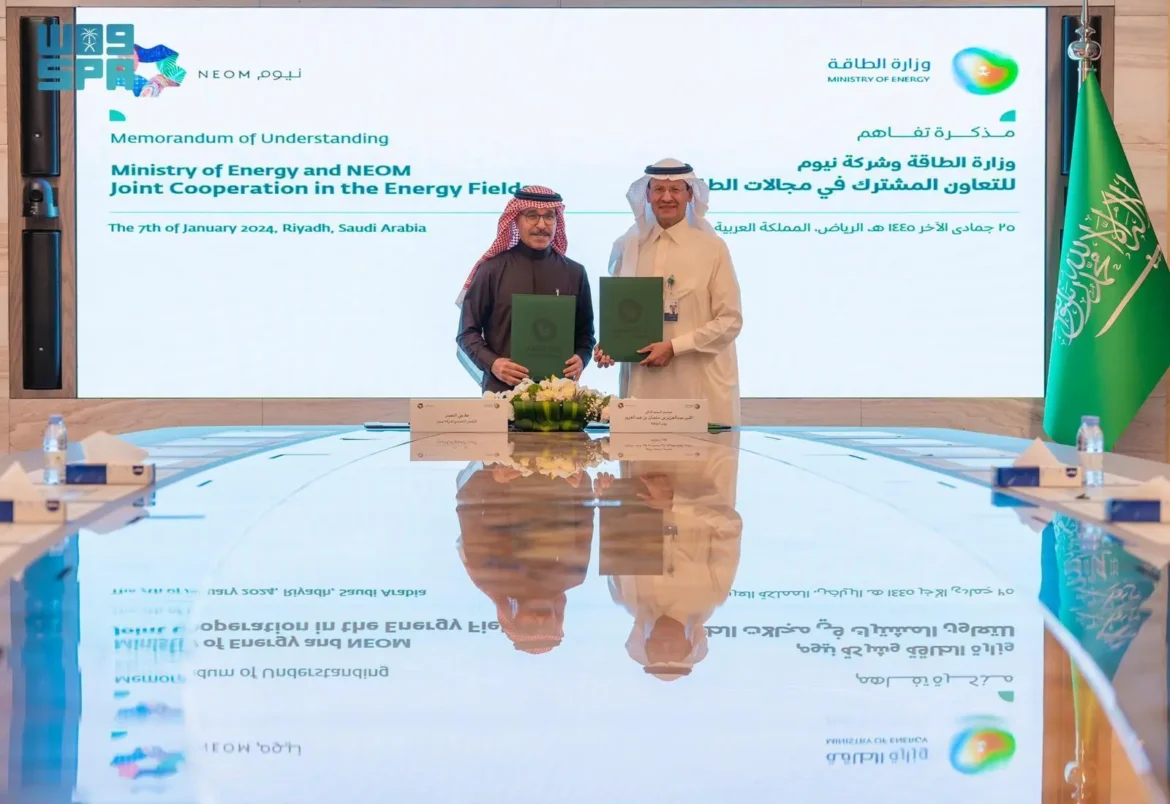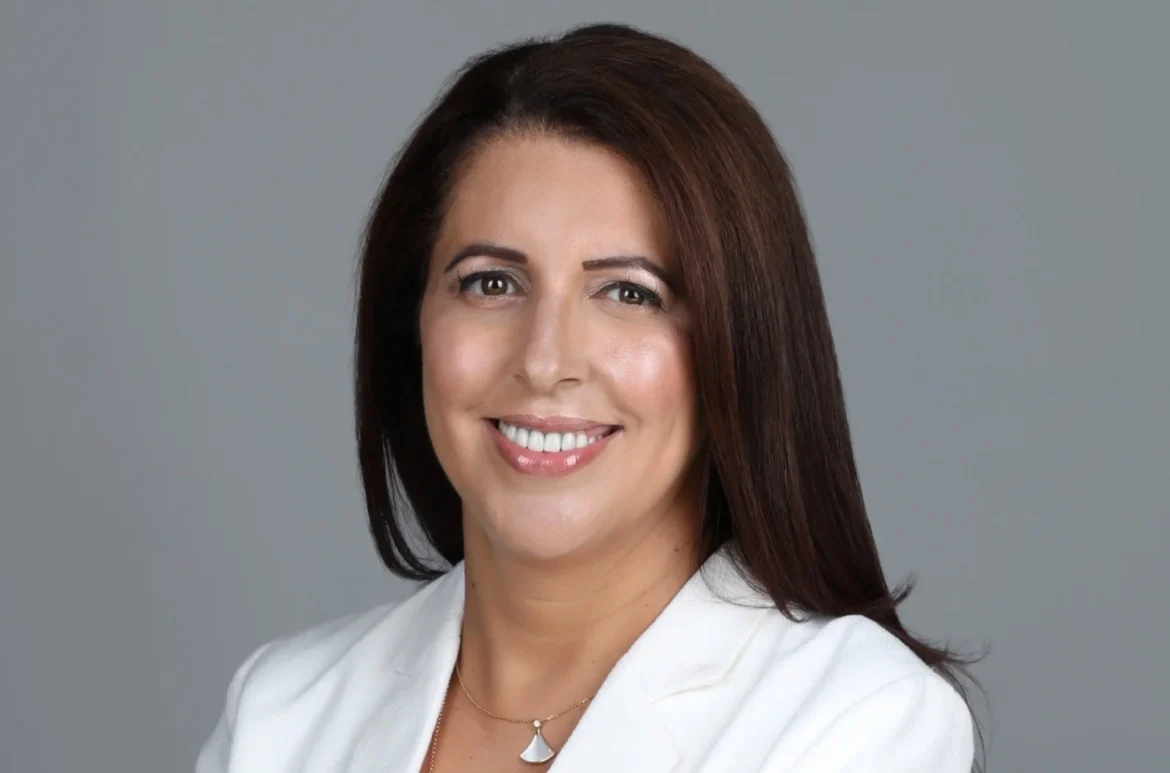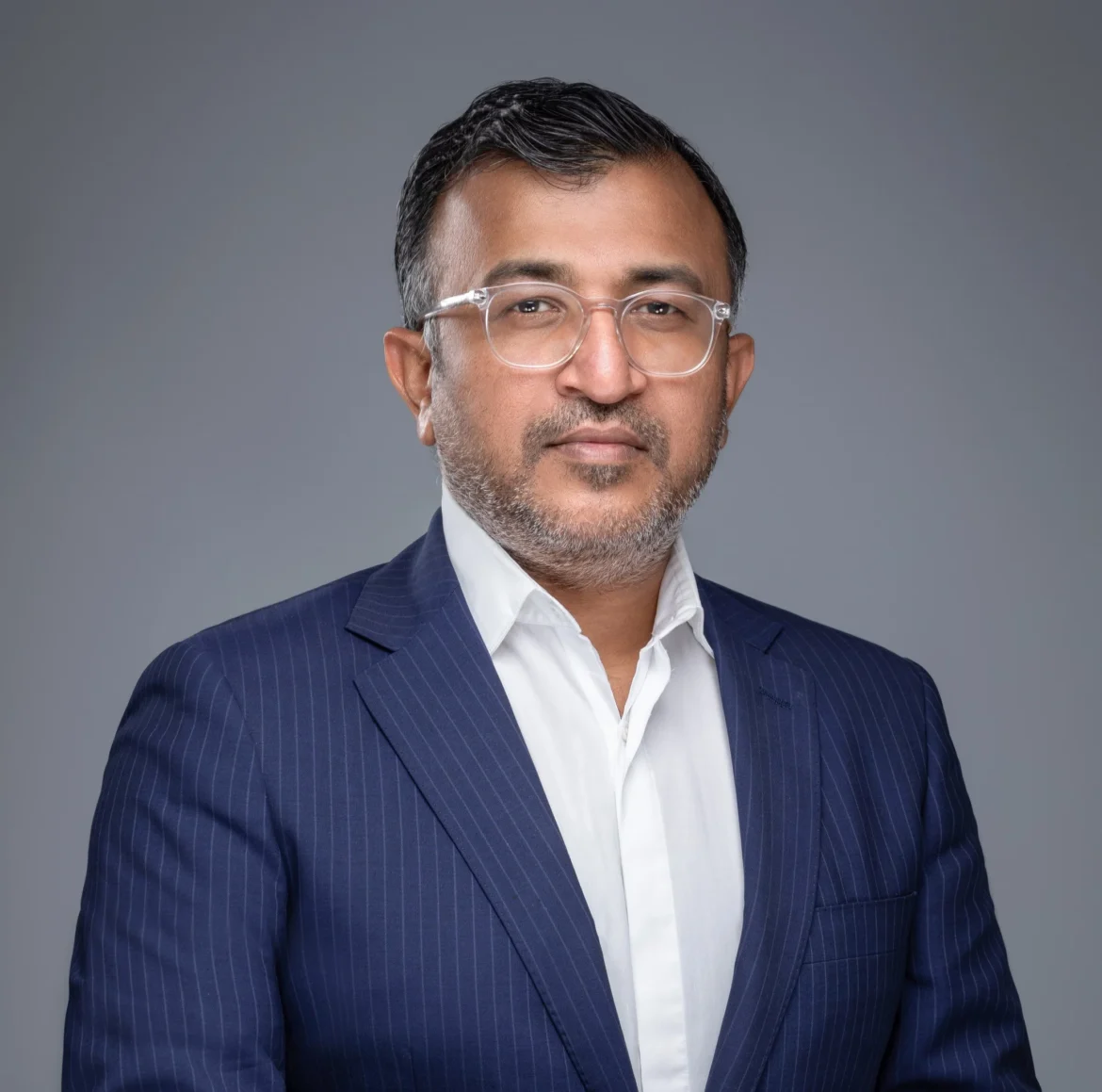Category:
Energy
DecarbonX has shared that its research into the use of AI in industry has concluded. HEX Care, by DecarbonX, it said, utilises AI to enable heat exchangers to autonomously identify issues and then verbally communicate with staff at petrochemical plants, alerting them to maintenance needs.
Integrating this technology into heat exchangers, it noted, ensures the monitoring of fouling is proactive, rather than reactive.
The AI software enables heat exchangers to communicate regular health updates to engineers, and process masses of data to self-diagnose fouling. This, it said, de-risks operations and streamlines maintenance.
The experiment used data taken from existing refineries, combined with advanced AI software, to simulate the ability of heat exchangers to communicate between themselves and self-diagnose maintenance issues.
DecarbonX plans to scale this trial in the year ahead and conduct a full pilot project.
Utilising the findings from the pilot project, it aims to integrate the technology into an existing petrochemical plant by the end of 2024.
The process ensures that fouling can be prevented quickly and with minimal operational disruption.
Fouling, the build-up of deposits, impacts heat exchangers’ efficiency, and leads to increased energy consumption, and is a “significant contributor to global CO2 emissions,” it said.
Eduard Cherednik, Executive Director of the DecarbonX program, commented: “Our intelligent heat exchangers have shown remarkable capability to communicate with plant and laboratory personnel about their health, effectively discussing advanced maintenance strategies and operational adjustments. This is a significant step towards realizing the full potential of autonomous production, where equipment actively engages in its upkeep and seamlessly interacts with human teams.”
Alex de Valukhoff, Chief Executive Officer at Angara, said: “Embracing advances in AI will streamline industrial practices and help make heavy industry fit for purpose in an era of decarbonisation. Self-diagnosing heat exchangers are just the beginning, the petroleum industry must do more to reduce emissions and innovation must be a key part in the drive to decarbonise. With less than a year until the next global climate conference, COP29, I’m conscious of the sheer scale of emissions that could be abated in that time by refineries simply adopting energy efficiency technology. Our analysis shows up to 400 million of tonnes of CO2 can be abated per year, globally. Now is the time to take act.”
The International Energy Agency (IEA) has released its Renewables 2023 report, which has revealed that in 2023, the world added 50% more renewable capacity.
Further, it shared that the world’s capacity to generate renewable electricity is expanding faster than at any time in the last three decades.
It was found that China was a key driver here, commissioning as much solar PV as the entire world combined did in 2022.
In addition to solar, China’s wind additions also grew by 66% year-on-year.
However, the report noted that while under current policies and market conditions, global renewable capacity is on course to increase by two-and-a-half times by 2030, IEA Executive Director Fatih Birol said it’s not yet enough to reach the COP28 goal of tripling renewables.”
“Governments have the tools needed to close the gap,” said Birol.
Indeed, the report notes that by overcoming current challenges and implementing existing policies more quickly, governments can close the gap and reach over 11,000 GW by 2030.
Some of these challenges, which the report said vary from country to country, include:
- Policy uncertainties and delayed policy responses to the new macroeconomic environment
- Insufficient investment in grid infrastructure preventing faster expansion of renewables
- Cumbersome administrative barriers and permitting procedures and social acceptance issues, and
- Insufficient financing in emerging and developing economies.
For the full report and further insights, head over here.
Du awarded in MENA Green Building Awards 2023 in Healthy Spaces Project category
written by Madaline Dunn
du, from Emirates Integrated Telecommunications Company (EITC), has announced that it has won an award in the MENA Green Building Awards 2023 in the Healthy Spaces Project of the Year category.
The company’s winning project, the new headquarters (HQ) in Dubai Hills, won in the Healthy Spaces Projects of the Year category, which acknowledges buildings or fit-outs that prioritise occupant health and well-being while demonstrating innovation and creativity.
du’s HQ, it shared, has been designed and executed with a strong emphasis on employee well-being, sustainability, and productivity, which are the fundamental pillars for this award.
The workspace features solo and collaborative workspaces like sit-stand workstations, team tables, focus rooms, collaboration spaces, and wellness facilities, offering multiple choices to suit a variety of employee needs during the day.
The project adopts LEED and WELL standards, and du also shared it has significantly reduced the company’s carbon footprint, through energy conservation measures, waste segregation efforts, and a zero-plastic policy.
Astana Grand Mosque installs Danfoss thermal heating solution to reduce energy usage
written by Madaline Dunn
The Astana Grand Mosque, the biggest mosque in Central Asia, has announced the installation of a new thermal heating solution from global engineering group Danfoss, which reduces heat consumption by 17.5%.
The new thermal heating system solution emits less CO2 emissions, and is expected to provide an annual savings on heating costs of US$55,000.
With this saving, the heat solution will have paid for itself after eight years, it said.
Commenting on the announcement, Ziad Al Bawaliz, Regional President, Turkey, Middle East & Africa Region, Danfoss says: “Due to its large size, the Astana Grand Mosque faces unique heating challenges during the harsh winter. We have been able to provide a solution that effectively distributes heat throughout the expansive structure while also reducing energy consumption.”
Danfoss’s heating solution utilises precise indoor temperature control to lower heating consumption even when the mosque is empty.
“Buildings are the second largest source of energy-related carbon emissions globally and in urban areas, they can often account for over 50% of emissions,” said Ziad Al Bawaliz.
Adding:“Reducing emissions from buildings is critical if we are to meet climate goals, and this project proves it’s possible to foster sustainability without increasing costs.”
Altun Koksal, Director at Stroymep, the engineering firm which commissioned Danfoss for the Astana Mosque project, commented: “Utilizing energy-saving technologies was paramount for this project with new laws in the Republic of Kazakhstan now requiring buildings to save energy. The practical application of these Danfoss technologies made it possible to make the space more comfortable for visitors, minimize the cost of heating, and improve the reliability and safety of the heat supply system.”
Amid record-high temperatures and devastating climate and extreme weather-related disasters, the reality of the climate crisis was truly laid bare in 2023.
In the same year, the UAE held what many called the most important COP since the Paris Agreement. There, the phase-out of fossil fuels was the main point of discussion (and contention), and a “transition” away from them was ultimately what the world agreed to.
However, this transition and the path toward decarbonising infrastructure will be powered by people, many of whom are currently lacking the required skills.
This was the topic of focus for Fondazione MAIRE’s global research project, the results of which were shared at COP28.
The Italian non-profit found that to achieve net zero, there must be a radical change in people’s training, with skills centred at the heart of the energy transition.
ESG Mena spoke to Ilaria Catastini, General Manager, Fondazione MAIRE, to learn more about the research.
A growing understanding of the energy transition & its importance
Inaugurated in 2021, Fondazione MAIRE is the non-profit branch of the MAIRE Group, focused on energy transition technology and engineering.
Its mission, Catastini explained, is to contribute to creating “the profile of the new humanist engineer”: an individual who knows how to face complexity.
“Climate change means complexity, and there are a number of variables that have to be managed,” she said.
She noted that while the road ahead will require hard technological skills, soft skills are also crucial, and she emphasised the importance of creativity.
The study, commissioned by Fondazione MAIRE and conducted by IPSOS, cast a wide net and collected responses from across ten countries: Italy, the UK, Turkey, Saudi Arabia, the UAE, China, India, Algeria, the United States, and Chile.
Having interviewed 1,700 highly educated professionals, with input from 15 experts at the international level, the survey found that while 96 per cent have heard of the energy transition and roughly two-thirds consider it a priority, regionally, there was a high degree of variability regarding the specifics.
For example, the understanding of energy transition’s positive impact on employment was high in Saudi Arabia (55 per cent), India (63 per cent), Algeria (67 per cent) and Chile (53 per cent).
Meanwhile, in places such as Saudi Arabia, UAE, China and India, the perception of the energy transition’s importance was higher, as was the perception of their countries’ level of commitment to it, Catastini noted.
“The people interviewed think that India is doing well in terms of creating opportunities; what emerges from the report is that people are aware of the opportunities – mainly, environmental opportunities, and benefits – but also social opportunities, jobs.”
Catastini explained that in a country like China, one that’s investing in the electric automotive sector, and solar panel factories, something that’s resulting in transition-related job creation, people are more widely understanding the “concrete benefit” of the energy transition.
“It switches from a problem to an opportunity,” commented Catastini.
Reskilling urgency
Catastini noted that the situation is undoubtedly changing, and the research found that the people interviewed from across the different countries recognise the importance of training.
When asked when this training should commence, the survey found that most believe it should take place imminently. “Most people think that it’s quite urgent,” said Catastini.
Also emerging from the survey was the regional variability of required soft and hard skills. For example, in China and India, skills for the circular economy were found to be crucial due to the scale of the plastic problem, she explained.
Further, in the UK, Algeria, Saudi Arabia, India, and the UAE, the survey found creativity ranked highly. At the same time, problem-solving skills were identified as central in Italy, Turkey, Saudi Arabia, China, the United States, and Chile.
Funding, knowledge-sharing and boosting female representation
When it comes to funding this education and reskilling, the survey’s opinion leaders said there needs to be global funding but that this funding needs to be managed on a national level due to the varying needs of each country.
“The school system is also completely different; universities need to cooperate to exchange competencies and experiences,” explained Catastini.
This, she said, could be facilitated through scholarships and exchange programs.
To accelerate action in energy transition education, Catastini explained that the Fondazione MAIRE is driving forward initiatives focused on educated girls.
“There’s a huge need to include women and minorities in the workforce in the energy arena, dedicated to the energy transition, with sustainability skills,” she said.
Catastini shared that in the energy sector, women represent only 16 per cent, while in the clean energy sector, they represent just 32 per cent.
“In India, we are doing a project with very young girls coming from rural areas, because we think that this kind of activity has to be based on real inclusion for the growth of competencies at a worldwide level,” she said.
Indeed, to achieve UN climate change targets, mobilisation must take place on a global level, across each facet of society, with sustainability embedded across the board, beginning with education.
As the Foundation highlights, tech skills and know-how alone are not enough; approaches must be multidisciplinary, for example, combining skills like critical thinking with knowledge and understanding of the circular economy.
“We are saying that there is a need to build a completely new profile of people working in the sector. This is the best finding of this research.”
Trina Solar has shared that it has received a Bloomberg Green ESG-Enterprises award as part of the Bloomberg Green ESG 50 list. This achievement highlighted both its efforts to promote sustainable development and its leadership in the photovoltaic industry.
Trina Solar shared that the process by which it was selected involved drawing on data from the Bloomberg ESG Index and the advice of global experts, with Bloomberg Green conducting a six-month evaluation and selecting 50 top companies.
The company, led by the mission of “solar energy for all”, shared that it promotes sustainable management throughout its solar modules’ entire lifecycle.
In collaboration with its supply chain partners, it noted that it tracks and recycles packaging materials, achieving an 80 per cent recovery rate in 2022.
It is also the first company in the PV industry to receive mutual recognition from both UL (Underwriters Laboratories) and EPD (Environmental Product Declaration) Italy.
Further, it shared that in 2022, its full range of Vertex modules received Carbon Footprint Certification and Life Cycle Assessment Certification from TÜV Rheinland.
Recently, Trina Solar’s Vertex N 700W, which has an industry-leading Global Warming Potential of 13.2g CO2 eq/kWh, Vertex N 610W and Vertex 670W, also obtained EPD certifications from UL Solutions and gained registered EPD Italy certification.
By the third quarter of 2023, its cumulative shipments of PV modules exceeded 170 GW, equivalent to planting 12.5 billion trees worldwide.
The Saudi Energy Ministry and NEOM have announced a new partnership, which will see the two collaborate in the field of energy.
The Memorandum of Understanding (MoU) signed by the two parties aims to advance technologies in the sector, according to the Saudi Press Agency (SPA). Further, through the partnership, the parties will also provide technical and organisational solutions in the areas of renewable energy technologies, hydrogen, sustainability, and innovation.
SPA shared that the agreement also commits the two to periodic review of progress.
The MoU also aims to integrate the two entities and other energy system organizations, including the Water and Electricity Regulatory Authority, the Nuclear and Radiological Regulatory Commission, King Abdullah City for Atomic and Renewable Energy, the Saudi Energy Efficiency Center, the Executive Committee for the Governance of Energy and Water Prices Reform, and the National Committee for the Clean Development Mechanism.
Schneider Electric announces appointment of Amel Chadli as Gulf Cluster President
written by Madaline Dunn
Schneider Electric has announced that it has appointed Amel Chadli as the company’s Gulf Cluster President.
Chadli previously served as the Vice President of Digital Energy and Energy Management Software – Middle East & Africa, leading the company’s smart building, healthcare, and microgrid initiatives, contributing towards energy-efficient customer transformations.
The company shared that in her new role, Chadli will be responsible for driving innovation and growth in digital transformation, sustainability, and energy management and industrial automation with artificial intelligence technologies across the Gulf region.
“Schneider Electric’s success in the UAE and the Gulf region has always been driven by its commitment towards people development and will always be at the heart of our growth engine. We will continue to invest in top local talents and attract emerging leaders, solidifying Schneider Electric position as the digital partner of choice for sustainability and efficiency,” commented Chadli.
Reflecting on her accomplishments over the nearly twenty years she has been with the company, Chadli highlighted her role in Africa’s energy evolution, ensuring equitable access to safe, reliable, sustainable power.
Chadli is also an advocate for the UN Women Empowerment Principles in Africa and sits on the Executive Committee of RES4Africa, a foundation dedicated to supporting Africa’s energy transition and achieving Sustainable Development Goal 7 (SDG7).
Following Chadli’s appointment, Ahmed Khashan, former President of Gulf Countries at Schneider Electric, will take on as Senior Vice President Strategy and Business Development for International Operations at Schneider Electric, covering the Middle East and Africa, India, South America & Pacific regions.
The need for long-term, reliable and sustainable investment for clean energy
written by Madaline Dunn
Amidst growing climate concerns, clean energy has emerged as a crucial pathway for mitigating carbon emissions and catalysing lasting environmental change, generating the energy we need without harmful greenhouse gas emissions. Coal is still the single largest source of electricity globally but renewables generated 12% of global electricity in 2022, up from 10% the previous year, with solar rising by 24%. Technological advancements, such as The Mohammed bin Rashid Al Maktoum Solar Park, the largest single-site solar park in the world, underscores the UAE’s potential to accelerate the clean energy transition.
Countries around the world are setting their own net-zero targets, keen to be a part of the global response to climate change. In the Middle East, the UAE, Bahrain, Saudi Arabia, Oman and Kuwait have all pledged to reach net-zero carbon emissions by 2050. And with the UAE hosting COP28 last year, and Egypt hosting COP27 in 2022, the region is positioning itself as firmly committed to boosting clean energy generation and supporting decarbonisation efforts.
The UAE, known for its visionary leadership, stands at the forefront of the clean energy transformation. The UAE government is seeking to slash emissions by 40% by 2030 from a business-as-usual level with a 51% cut in emissions from electric power grids. As a result, the UAE’s green economy has experienced remarkable growth, driven by the UAE’s commitment to shrinking its carbon footprint and diversifying its energy portfolio. Last April, NBF provided a long-term credit facility to CleanMax for refinancing its rooftop solar portfolio in the UAE. The facility accelerates the growth of rooftop solar panels and covers 48 different operational rooftop solar assets, located on industrial facilities, malls, schools and universities.
According to the UAE’s Renewable Energy Strategy 2050, decarbonising the power industry is a top priority and by 2050 the UAE plans for 50% of energy generated in the country to be from renewable or nuclear sources. Last February, NBF signed a facility contract with Yellow Door Energy to finance 31 solar power plants in operation with a combined capacity of 39 megawatts, in line with the goals of COP28, the UAE’s Clean Energy Strategy 2050, and the UAE’s ‘Year of Sustainability’.
Financial institutions are playing a key role in supporting the implementation of ambitious clean energy projects that can have a significant impact on the energy landscape. Banks in the UAE align financial resources with environmental goals to accelerate the clean energy transformation the planet urgently requires.
Among the most important measurable KPIs for clean energy projects is the increase in revenue resulting from renewable energy investments. This indicates not only the economic viability of such projects but also showcases the growing profitability of sustainable investments, catalysing future financial commitments to the clean energy transition. Increased investment by banks, due to increased profitability, also improves the availability of clean energy sources for a more sustainable future, in a virtuous cycle.
Equally significant is the reduction of carbon emissions, a pivotal KPI for those nations in the region with ambitious net-zero targets. Clean energy projects play a critical role in diversifying energy sources and reducing reliance on fossil fuels, contributing to a nation’s energy security and boosting resilience.
Investments in clean energy projects yields a multitude of far-reaching and long-lasting benefits, contributing to a sustainable and resilient present and future. Clean energy investments enhance the reliability of robust and adaptable energy infrastructure with diversified energy sources ensuring a stable and consistent energy supply. Clean energy investments also drive advancements in technological research, development, and innovation, accelerating the transition towards more efficient and accessible renewable technologies, and fostering economic growth and job creation.
Furthermore, clean energy projects lower the cost of electricity over the long term. As renewable energy technologies advance and become more efficient, they increasingly offer cost-effective alternatives to conventional fossil fuels, ultimately reducing the financial burden on consumers and businesses who can pass the savings onto customers.
To conclude, the overall benefits of investing in clean energy extend beyond financial returns. By embracing clean energy, the UAE’s forward-looking climate leadership is actively contributing to a brighter and more sustainable future that supports energy security. Financial institutions in the UAE are emboldened to catalyse the positive impact of clean energy through collaborations, fuelling reliability, cost efficiency, security, and sustainability. The time for climate action is now, with the UAE’s clean energy transition, and we re-affirm our commitment to supporting the UAE’s Energy Strategy 2050 goals.
By Bilal Hasan Ashraf, Head of Energy and Marine at NBF.





